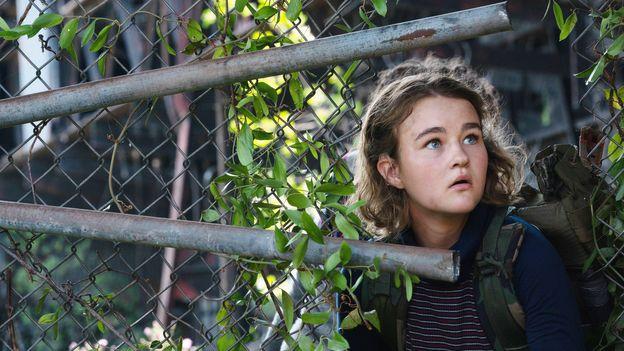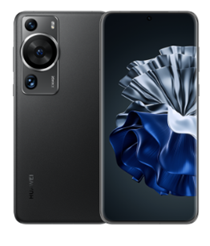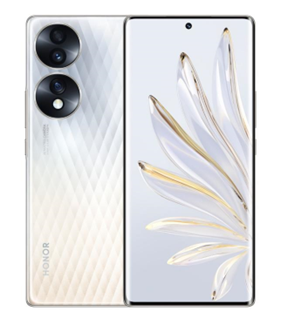Yet if representation is moving forward, another conversation that has come to the fore in tandem with the new wave of deaf heroes on screen is around authentic casting. For all of its plaudits, Sound of Metal has been criticised by some for casting hearing actors Ahmed and supporting star Paul Raci in deaf roles. In a piece for the magazine i-D, for example, the writer Shanti Escalante-De Mattei
suggested of Sound of Metal that
"when deaf actors far outnumber the few deaf parts available, the casting of a hearing actor is something of a slap in the face to the community." Little, on the other hand, is less critical. "Personally, I was happy with the casting," she says, emphasising the casting of deaf actors like Ridloff across the wider ensemble. "Joe [Raci's character] is an older, deafened war veteran and addict. Raci is also a war veteran and has [dealt with] addiction," says Little, "and while he's not deafened, he's a child of deaf adults and has been immersed in the deaf community for most of his life." Little points to Raci's proactive involvement with Deaf West Theatre in Los Angeles, and work with Hands of Doom ASL ROCK, a Black Sabbath tribute band who perform in American Sign Language.

Compounding these lingering issues around deaf representation are the real-world difficulties faced by deaf audiences.
Captioned screenings are rare
, and frequently relegated to off-peak times; for all of the plaudits A Quiet Place Part II has received for Regan's robust characterisation, it was reported that only 41% of UK cinemas offered subtitled screenings on the film's opening weekend. "I had to be really strong with my local cinema so I could see [the film,] but even then, I only got to see it two weeks after release," Little says. Sound of Metal, by contrast, was open captioned – meaning that all theatrical screenings of the film had subtitles by default – as, too, will be the release of Coda. The impact is simultaneously functional and artistic: audiences, hearing or otherwise, are treated on a level playing field, and captions are further used to communicate the struggles faced by Ruben as he assimilates into the culturally deaf world. "I think that's a very bold statement," says Little. She notes, however, that Ahmed was criticised on Twitter for sharing uncaptioned videos promoting the film. "[Initially] he wasn't particularly vocal about [the importance of deaf access] online, and I remember seeing interviews where Raci and Ahmed were being asked about deaf actors in the industry – those questions should've gone to the actual deaf actors in the film," she says.









